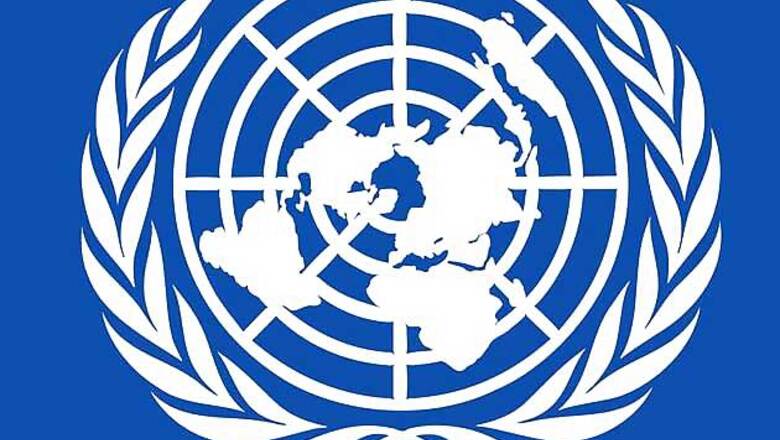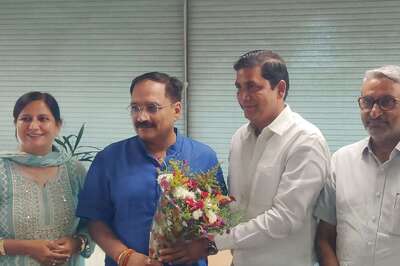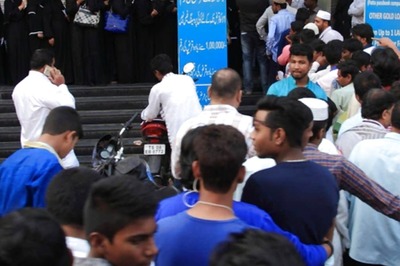
views
United Nations: India has lamented the lack of resolve and unity among nations to tackle terrorism, particularly emanating from non-state actors, often due to narrow political considerations, as the UN General Assembly adopted by consensus a review of the global body's counter-terrorism strategy.
India's Deputy Permanent Representative to the UN Ambassador Tanmaya Lal said on Monday that while the adoption of the resolution on the UN Global Counter-Terrorism Strategy (GCTS) is by consensus, nations are conscious that the text primarily reflects only a technical update to the previous GCTS resolution adopted two years ago that marked the end of the first decade of the formulation of the GCTS at the UN.
While any multilateral resolution has to strike a balance and a compromise, we are disappointed that the resolution does not reflect substantive modifications from its previous version, Lal said.
Over the years, terrorist networks have continued to terrorise the people across different parts of the world, expanding their reach; propagating their ideologies of hate; recruiting across borders; raising funds and improving their use of modern technologies, he said.
While most of the membership represented here has experienced terror attacks, at the UN we continue to struggle to advance meaningful multilateral cooperation on countering terrorism, often due to narrow political considerations, Lal added.
India expressed disappointment to see the lack of meaningful progress even in a GCTS resolution language, which continues to reflect the inability of member states to act collectively to tackle the threats from non-state actors.
This clearly does not augur well for our collective security, Lal said at the UNGA session.
The resolution adopted by consensus by the 193-member General Assembly underlines the importance of multilateral efforts in combating terrorism and refraining from any practices and measures inconsistent with international law and the principles of the Charter. It also calls on the Secretary-General to submit to the Assembly, no later than May 2019, a report containing concrete recommendations and options on ways to assess the impact of, and progress made, implementing the UN's counter-terrorism strategy.
On the GCTS itself, Lal said India had hoped for a more honest appraisal of the functioning of the counter-terrorism architecture of the United Nations, including the work on this universal challenge at the Security Council. It had also been hoped that member states could agree on focusing on the need to collectively discern the emerging threats and challenges posed by terrorist networks in terms of their use of emerging technologies, recruitment strategies, striking targets across countries.
The message is clear. We remain far from being able to develop a common understanding and resolve to tackle this global threat with the seriousness and unity of purpose that it requires. We can allow this only at our own peril. The threat from terrorist networks is real and growing. A far more determined and non partisan approach will be necessary for this multilateral process to be meaningful, he said.
Lal noted that the establishment of the UN Office of Counter Terrorism (OCT) last year was a positive development that would contribute to consolidation of efforts by the UN system in this context.
As part of India's continuing commitment to strengthen multilateral efforts to counter terrorism and support the work of the newly established UN Office for Counter Terrorism, the Indian government has announced a voluntary contribution of USD 550,000 for the OCT.




















Comments
0 comment